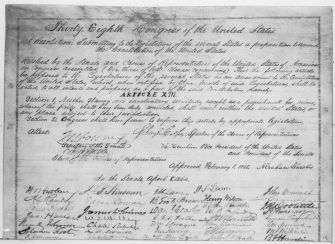
Source: The Library of Congress.
On Dec. 18, 1865, following its ratification by the requisite three-quarters of the states earlier in the month, the 13th Amendment was formally adopted into the U.S. Constitution, ensuring that
neither slavery nor involuntary servitude. . . shall exist within the United States, or any place subject to their jurisdiction.
Secretary of State William H. Seward, in a proclamation, declared the Thirteenth Amendment to the United States Constitution to have been adopted.
‘A War to Free the Slaves?’ is a lesson that helps students examine excerpts from Lincoln’s first inaugural address, the rarely mentioned original Thirteenth Amendment to the Constitution that Lincoln promised to support, and the Emancipation Proclamation to explore some of the myths about the Civil War.
Read the article “Rethinkin’ Lincoln on the 150th Birthday of the Emancipation Proclamation,” by Bill Bigelow from the Zinn Education Project If We Knew Our History series.
Did the 13th Amendment actually abolish slavery? Read the thread of tweets by Melinda Anderson below.
On this date (Dec. 18) in 1865, the 13th Amendment was formally adopted into U.S. Constitution. The 13th Amendment *did not* abolish/outlaw slavery in America. Ignore those who mark this date by perpetuating this lie. White supremacy’s stranglehold is found in “exception clause.”
— melinda d. anderson (@mdawriter)

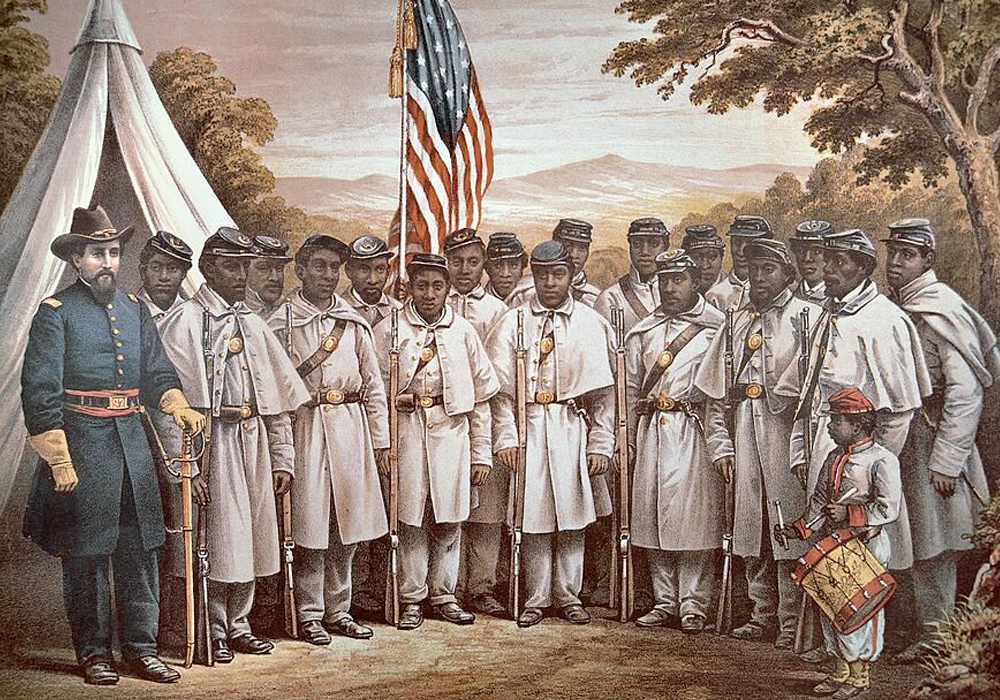
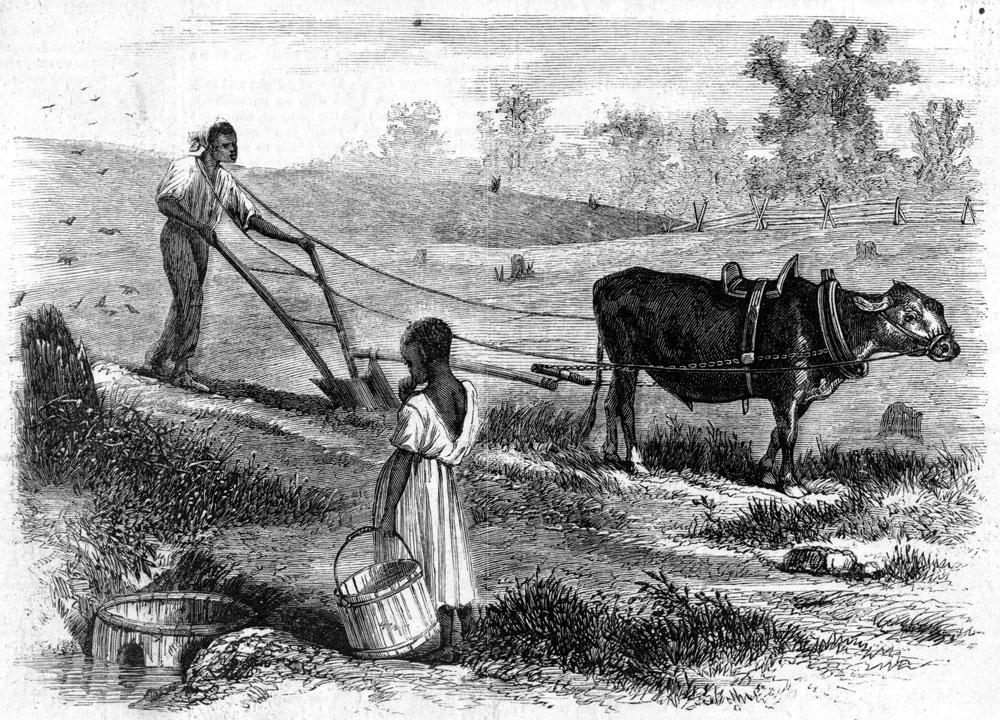
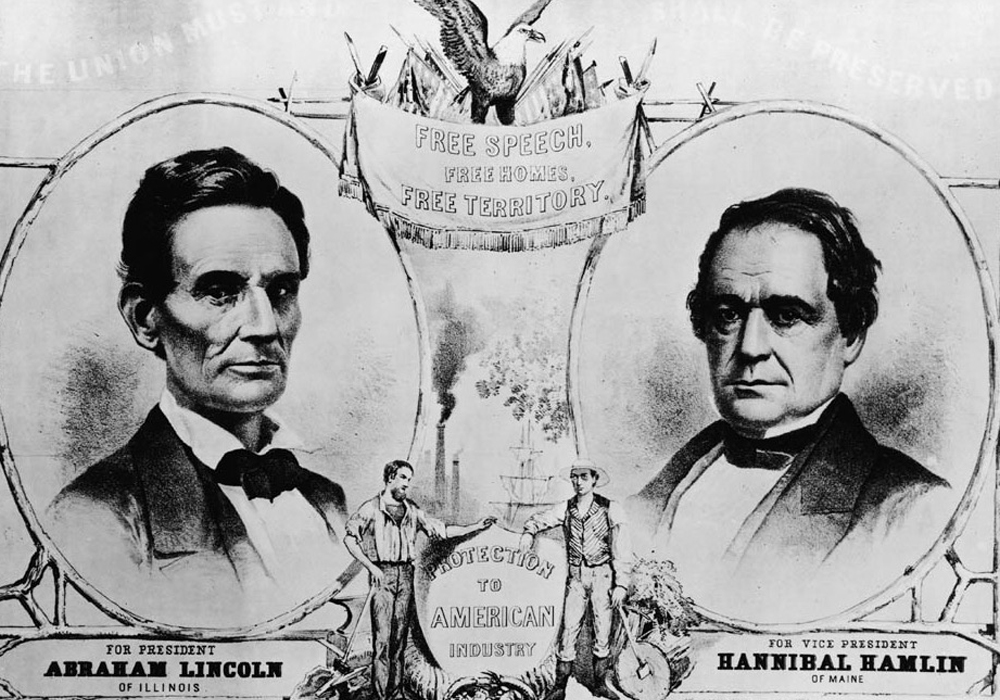
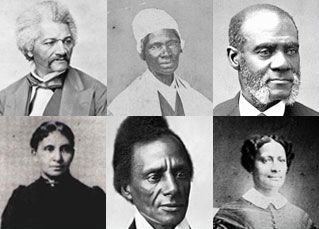
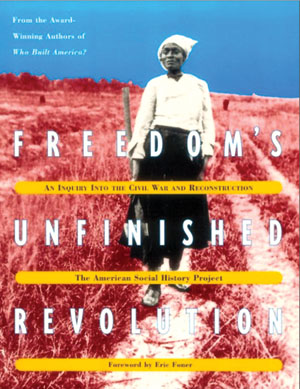
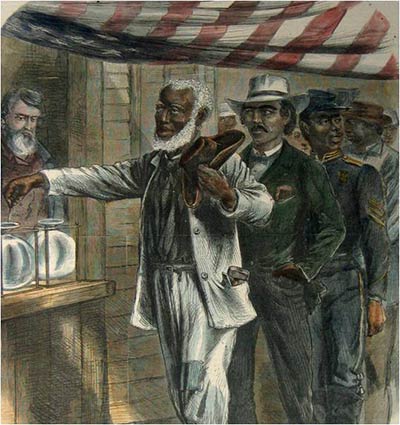
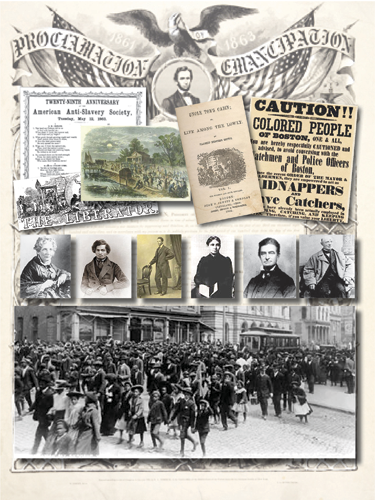





Twitter
Google plus
LinkedIn